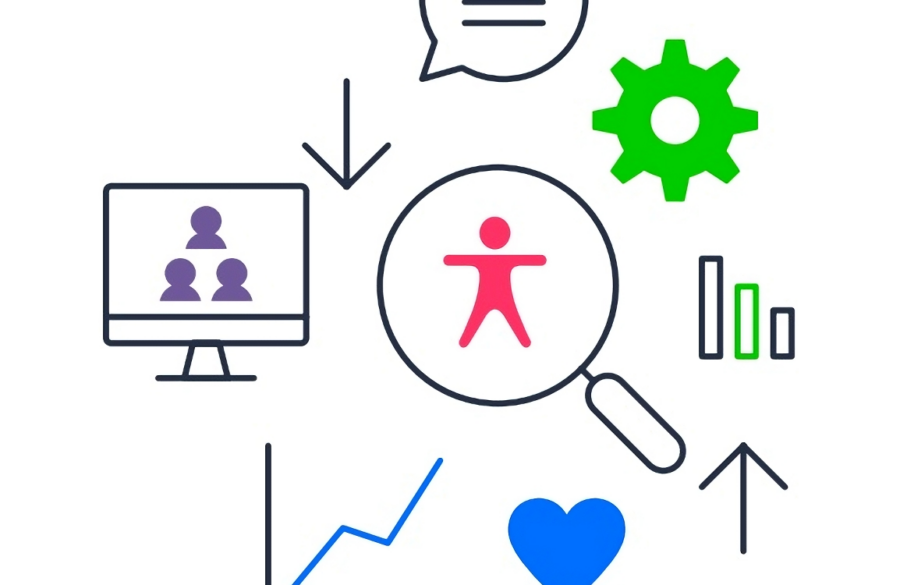Advances in AI technology & what that means
Artificial Intelligence (AI) has made tremendous strides in recent years, revolutionising industries such as healthcare, finance, transportation, and entertainment. In this blog post, we will explore some of the most significant advances in AI and their potential impact on our community.

Deep Learning
Deep learning is a subset of machine learning that uses neural networks to enable computers to learn and make decisions like humans. This technology has been instrumental in achieving breakthroughs in image and speech recognition, natural language processing, and autonomous vehicles. One example of this is Google’s AlphaGo, which was able to beat the world champion in the board game Go using deep learning!

Natural Language Processing (NLP)
NLP is a branch of AI that focuses on teaching computers to understand and process human language. This technology is used in voice assistants featured on your smart speakers like Siri and Alexa, chatbots, and language translation software. The most significant development in NLP is the ability to understand the meaning behind words, called semantic analysis. This has led to improvements in automated customer service and has made it easier for people to communicate across language barriers.

Computer Vision
Computer vision is the ability of computers to interpret and understand visual information from the world around them. This technology is being used in facial recognition, self-driving cars, and medical imaging. One of the most significant breakthroughs in computer vision is object recognition, where computers can recognize objects in an image and understand their relationships to other objects.

Robotics
AI-powered robots have the potential to revolutionise industries such as manufacturing, healthcare, and transportation. These robots can perform tasks that are dangerous or repetitive for humans, such as inspecting hazardous materials or assembling complex machinery. One of the most significant advances in robotics is the ability to learn from experience, allowing robots to adapt and improve their performance over time.

Generative AI
Generative AI is a type of AI that can create new content, such as music, images, and text. This technology is being used in creative fields such as music composition and art, as well as in marketing and advertising. One example of generative AI is OpenAI’s GPT-3 language model, which can generate human-like text with remarkable accuracy.
These are just a few examples of the remarkable advances in AI that are transforming the way we live and work. As AI continues to evolve, it has the potential to revolutionise many more industries across the Island and beyond – it could solve some of the world’s most significant challenges. However, it is crucial to ensure that these technologies are developed and used ethically to benefit society as a whole.
What are your opinions on the use of AI in today’s society? Let us know over on Facebook or Twitter. Make the most of AI by connecting with our ultrafast broadband, check out our current deals here.






